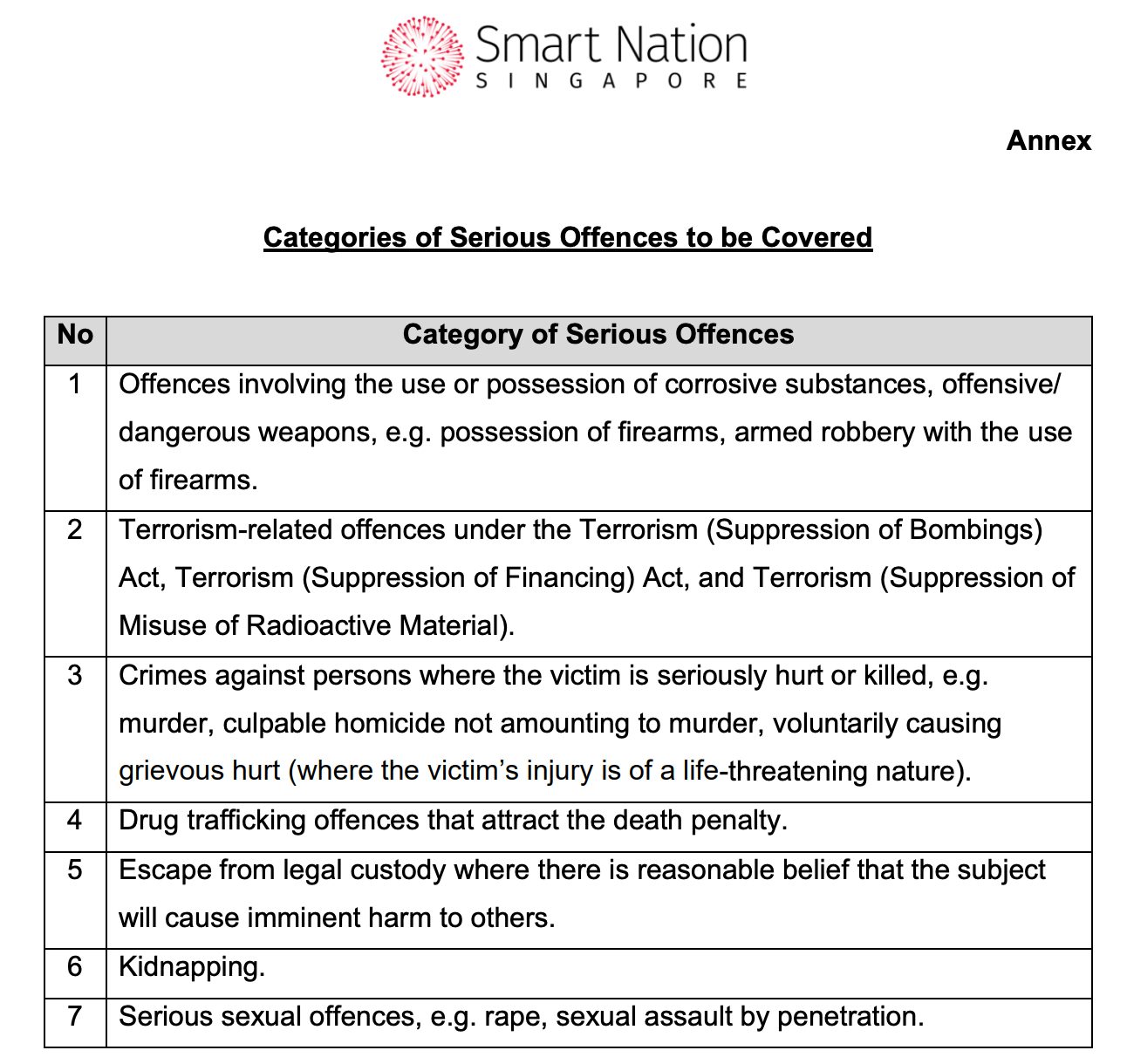I’m back with the first weekly round-up for 2021, and I have to admit that I’m kind of tired already. Between the TraceTogether fiasco, the mass arrests in Hong Kong, and the riot at the Capitol in the US, 2021 isn’t going easy on us at all. And it’s only been one week! 😰
Vaccinations
Vaccines are being rolled out in Singapore, beginning with healthcare workers. Taking the lead, Prime Minister Lee Hsien Loong has had his first dose of the Pfizer-BioNTech vaccine. By doing this, he’s hoping to assuage the fears or anxieties of Singaporeans who have doubts about getting vaccinated; while the government says that it’s going to be voluntary, they’re hoping most adult Singaporeans will choose to get the vaccine. Lawrence Wong, co-chair of the multi-ministry task force on COVID-19, has also said that there will be “tangible benefits” for those who get vaccinated, while those who don’t get vaccinated might have to put up with more testing and quarantines.
Get vaccinated when you can, please.
More on TraceTogether and trust
If you haven’t read it yet, here’s what I wrote about TraceTogether data being used for purposes other than contact-tracing, despite what Singaporeans were promised. Around the same time Rest of World also published a piece that I wrote about the implications of rapid-fire tech and surveillance roll-outs in Singapore.
Last night, the news broke that new legislation will be passed in Parliament to restrict the use of TraceTogether data to contact-tracing and investigations for seven categories of “serious offences”. These are the seven categories:

One way you can look at this is that the PAP is finally bringing in legally binding restraints. Another way is to see it as a formalising of the expansion of use of data collected by contact-tracing technology. The press statement doesn’t give a timeline for when we can expect a Bill to be tabled — keep an eye out for it. When it’s out, we’re going to need to scrutinise the details!
I don’t have too much more to add in this weekly round-up, but wanted to flag this post by Harish Pillay. I think this point that he made is important: the code that was open-sourced when TraceTogether was first launched was only for the initial version:
In other words, for all the good work done at the start, the commitment to open sourcing did not persist in spite of me pushing for it repeatedly. This is called ‘open washing’ to gain some brownie points and that’s about it. The act of “open sourcing TT” was mentioned in the 5 January 2021 statement, but it is not keeping to the spirit. That itself reduces the trust factor.
Independent oversight in prisons
This has been greatly overshadowed by the parliamentary question on TraceTogether, but the Workers’ Party’s Leon Perera filed questions about how the Singapore Prison Service deals with complaints, many of them echoing the questions that I’d asked while working on this story.
(I have to say here that I didn’t contact Leon to get him to ask these questions, so I was pleasantly surprised and grateful to see the question appear on the order paper.)
I was ignored when I asked the questions, but Leon got a written reply from the Ministry of Home Affairs. In a nutshell: inmates can lodge complaints to any prison officer, or their family members can complain through MPs or lawyers to the prison service or to MHA. Inmates can also talk to Visiting Justices who make unannounced visits to the prison. Complaints are investigated by “a team of provost officers and assessed by SPS’s senior management”. The Board of Visiting Justices can also review these findings. MHA also has an Independent Review Panel made up of “retired judges, former senior Home Team officers, and other persons of standing in society”, although this panel has never been used to investigate cases from the prisons, only from the police and the Central Narcotics Bureau.
This is useful information, but doesn’t exactly resolve the need for truly independent investigations. In Sallehin’s case, he did speak to Visiting Justices, while his mother went through MPs and lawyers, and even filed police reports and wrote to the prison directly. All the prison said about the Visiting Justices was that “[the Board of Visiting Justices] understood and did not raise any further queries after we explained to them that the allegations raised by Sallehin were baseless.” And in the case of the Independent Review Panel, it’s hard to know how independent they really are if the process of selecting its members isn’t transparent, and their findings aren’t made public, either. So we can definitely do better.
Events
On Monday, I’ll be joining a panel with Yee Jenn Jong and Inderjit Singh, moderated by Kenneth Paul Tan, to talk about Singapore beyond party politics. JJ is also launching his book, Journey in Blue – A Peek into the Workers’ Party of Singapore, on his experience as a Workers’ Party candidate. We’ll be speaking over Zoom from 4:30pm–5:30pm, although you can also watch the panel on Facebook Live. Details here.
I’ll be moderating the discussion at the launch of another book at the end of this month. I’m super-excited about this: Raffles Renounced: Towards a Merdeka History takes a critical look at the Bicentennial and Singapore’s relationship with our colonial history. You can pre-order the book here. For the launch event, I’ll be talking to Alfian Sa’at and Faris Joraimi, who edited the book along with Sai Siew Min. Details for the event here.
Feel free to share this issue with your networks!
Milo Peng Funders keep this newsletter running, as well as supporting my other independent writing and activism work. Please consider becoming a Milo Peng Funder if you can:

